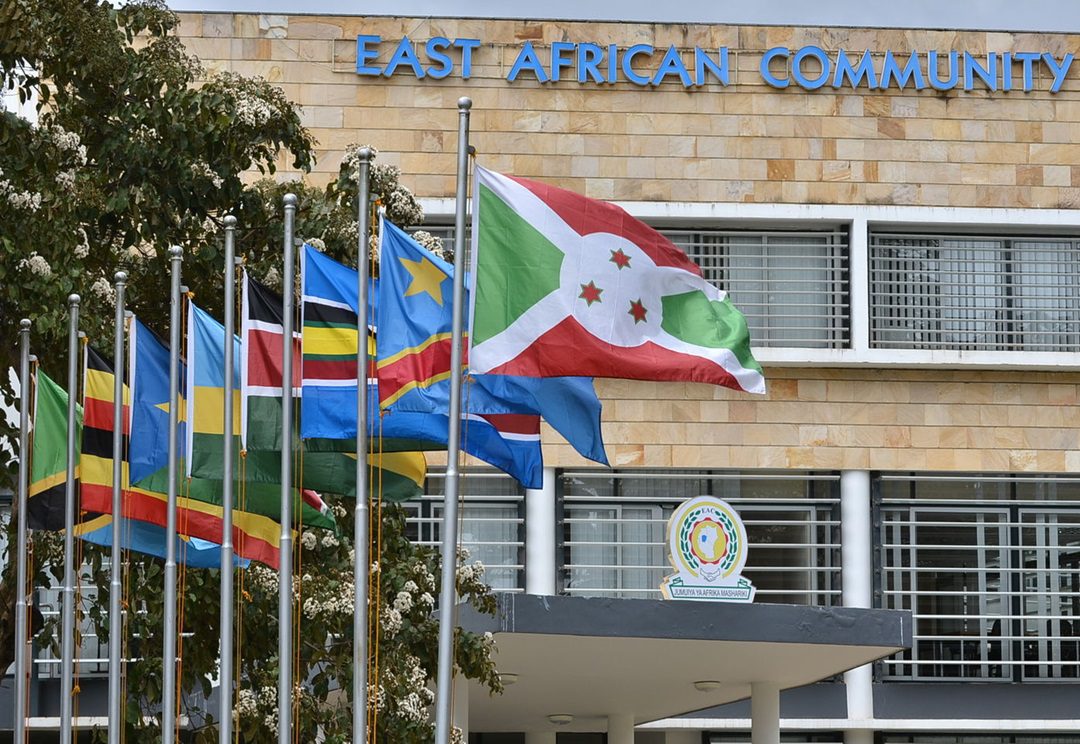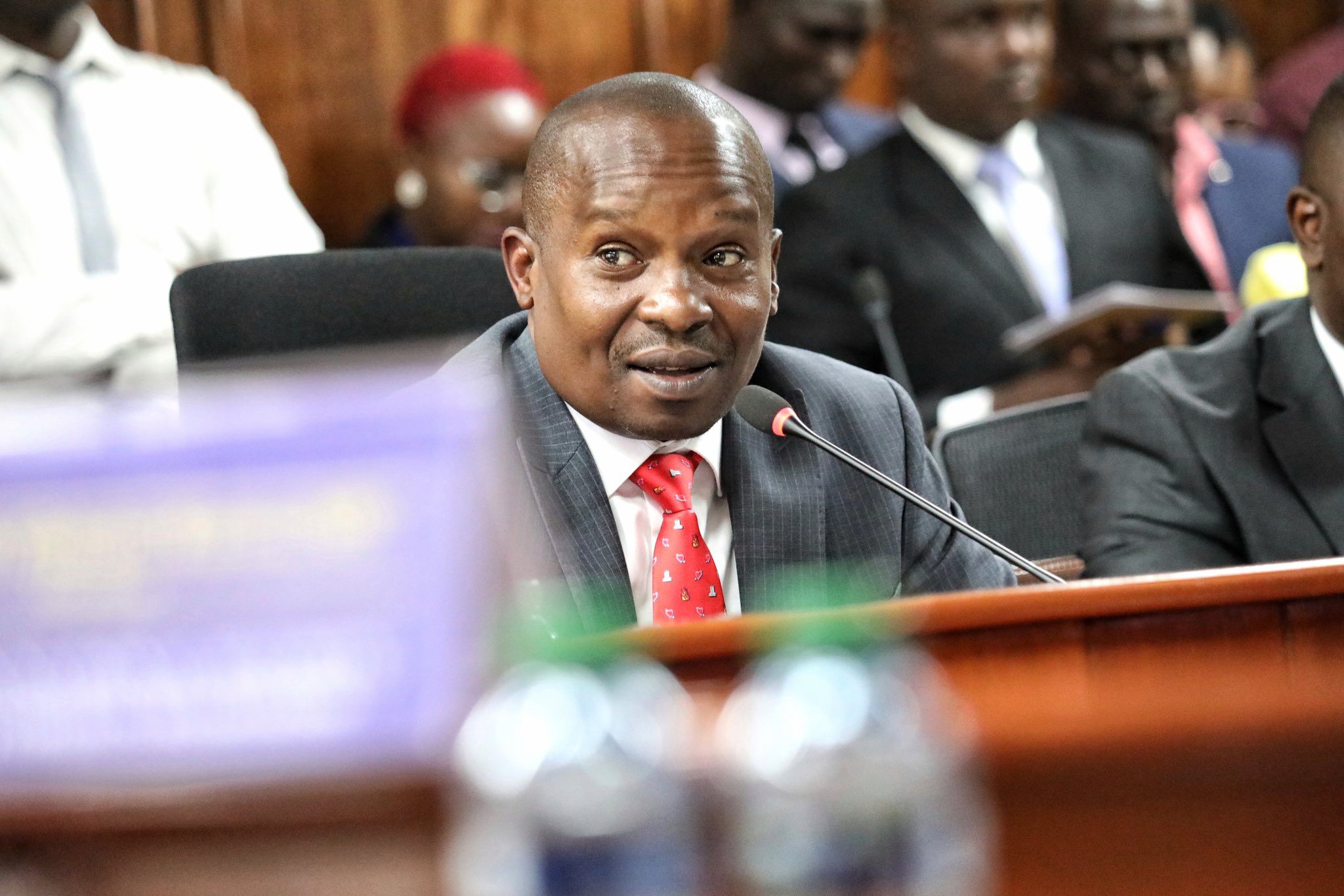
Here we look at ten most significant changes in law that affected the tech space in 2017;
- The interplay between the Kenyan Elections and Technology
The Elections (Technology) Regulations, 2017 under the Elections Act and the Elections Amendment Act provided for the use of the integrated electronic electoral system which refers to a system that included biometric voter registration, biometric voter identification and electronic result transmission system for the whole electoral process which was largely successfully implemented in most parts of the country.
In what made the most highlights in the year and revealed the disconnect between legal practice and technology, the Supreme Court of Kenya made a landmark ruling nullifying the elections of the presidential candidates on the main ground that the elections were not simple, accurate, verifiable, secure, accountable and transparent as is required in law. A key concern of interest which came to the forefront was the role of technology in the elections and the issue of limited read only access to servers.
- The law now allows use of Intellectual Property a security for borrowing
The Movable Property Security Rights Act of 2017 now provides for new forms of property to be offered as security by borrowers other than the typical and conventional immovable property types. The law recognizes intellectual property as a valid form of immovable property under intangible assets which is a great step for techies and innovators.
- Commencement of the legal process on creative works in the digital age
As earlier highlighted here on intellectual property and its forms, a key concern for Kenyan innovators has been that our laws are not in touch with the digital reality. The Copyright Amendment Bill of 2017 seeks to now expand the protective scope for creatives for creative works including software but also to protect ISPs from unfair liability when unlawful works are transmitted through their platforms (Intermediary Liability).
This law has been pending for a long time but it is now before parliament being spearheaded by creative industry MPs such as Dagoretti North MP and former Comedian John ‘KJ’ Kiarie and we expect its implementation this year. The amendment bill also makes provision for the adaptation of works for persons who are visually impaired in line with the Marrakesh Treaty for the Blind which is great for inclusion.
- Working towards the Computer and Cybercrimes Bill 2.0
We earlier talked about the Cybercrime law here and here, what has since happened following the withdrawal of the Senate bill is the 2.0 Computer and Cybercrimes Bill 2017 which is a mesh of both earlier proposed laws as well as the current Kenya Information and Communications Act (KICA) which provides for cybercrime. The 2.0 Bill was finally published in June 2017 (the Kenya Gazette Vol. CXIX —No. 78 dated the 16th June, 2017) but no parliamentary discussions have commenced.
- You can finally fly your drone legally
Several drone owners in the country have been operating the machines illegally (now you know). However, we finally have regulations on the use, sale and management of drones in Kenya. It is constantly said that law doesn’t keep up with tech changes which is largely true but the efforts of the Kenya Civil Aviation Authority through the Civil Aviation (Remote Piloted Aircraft Systems) Regulations, 2017 are commendable. Several Countries have put drones to good use and we are eager to see how innovative we’ll be as a nation.
- The Hate Speech rules
Just before the 2017 national elections, the Communications Authority of Kenya (Telco regulator) and the National Commission for Integration and Cohesion (NCIC) put together the Guidelines On Prevention Of Dissemination Of Undesirable Bulk And Premium Rate Political Messages And Political Social Media Content Via Electronic Communications Networks which we talked about here.
- Kenya now has a Space Agency
Through presidential order, The Kenya Space Agency Order of 2017, Kenya now has the Kenya Space Agency (KENSA). It is expected that the Agency shall spearhead the Kenya Space Programme and encourage interest and development in the industry. Development of space technology was foreseen in the Draft ICT Policy 2016 as an area not to be ignored in the bigger policy picture. We look forward to seeing what the agency does in the coming days.
- Regulation of FinTech in 2017
With increased conversations and creation of awareness around FinTech, there wasn’t much activity in FinTech regulation as in previous years but two acts stand out. First, the publication of The Capital Markets (Online Foreign Exchange Trading) Regulations, 2017 which seek to monitor internet based trading systems through which foreign exchange trading is conducted.
The Central Bank of Kenya (CBK) in August also issued a Guidance Note on Cybersecurity that outlined the minimum requirements for banks to enhance their cyber security. The Guidelines are mandatory for the banks which are licensed by the Central Bank.
- Use of technology by Government in Online Processing of Land Transactions
One of the most conservative yet sensitive industries finally accepted and implemented the use of tech in its processes and for improved public service delivery. The Ministry of Lands and Physical Planning announced the upgrading of the Electronic Transaction Management System to ease the processing of transactions at the Ministry.
- Government to get larger cut from betting wins
The Finance Bill 2017 introduced increase of Gaming Taxes. The bill enhanced the value of taxes charged on gaming, lottery, betting and firms running competition as follows: Betting from 7.5% to 50%, Lotteries from 5% to 50% and Gaming from 12% to 50%, for competition prizes from 15% to 50.
P.S on the ICT Practitioners Bill there is no verifiable or credible source on its alleged reintroduction before either house of parliament. There is, however, indeed a taskforce on industry stakeholders that is brainstorming on ways of regulating ICT practice.























